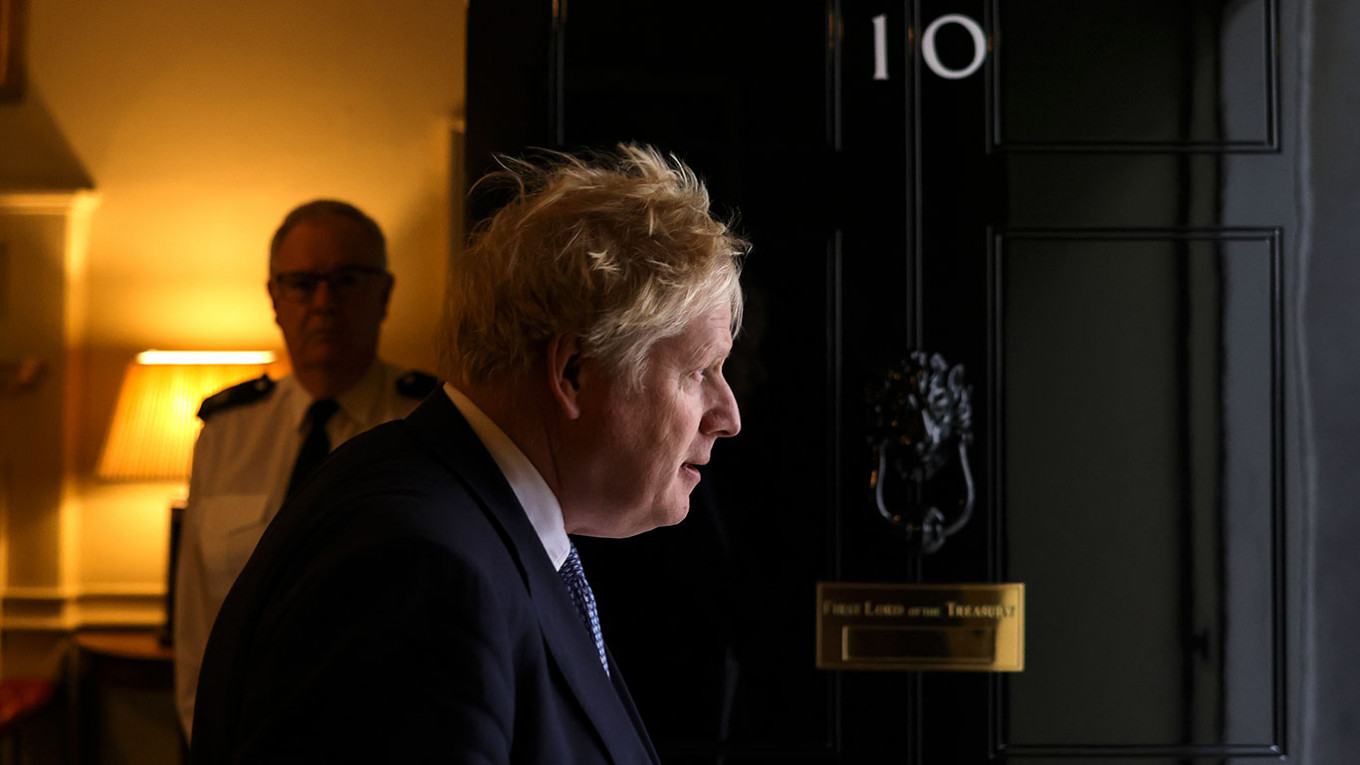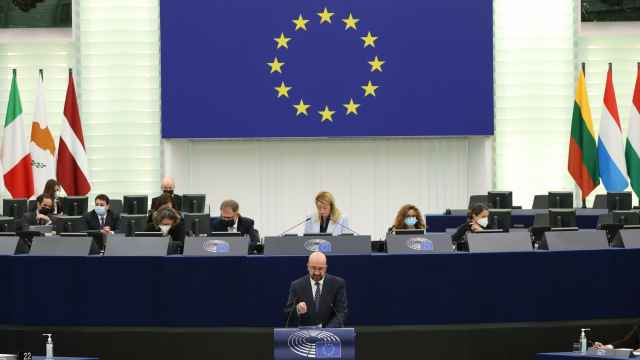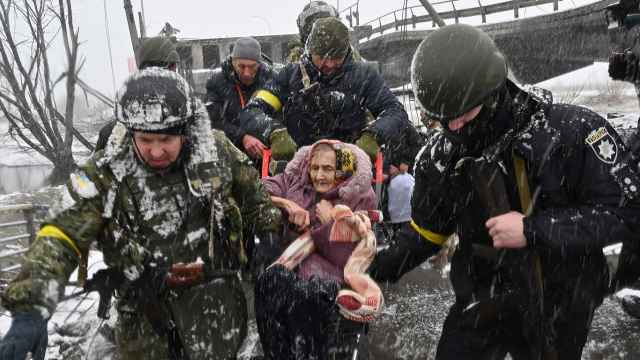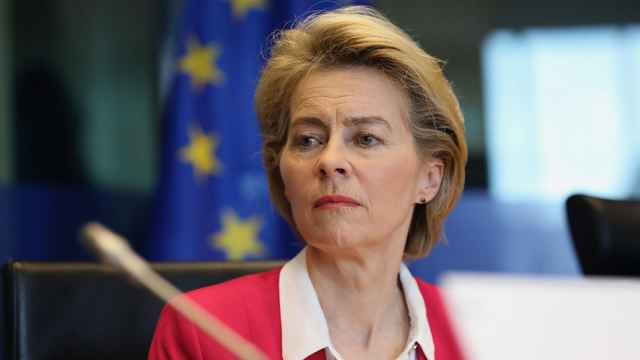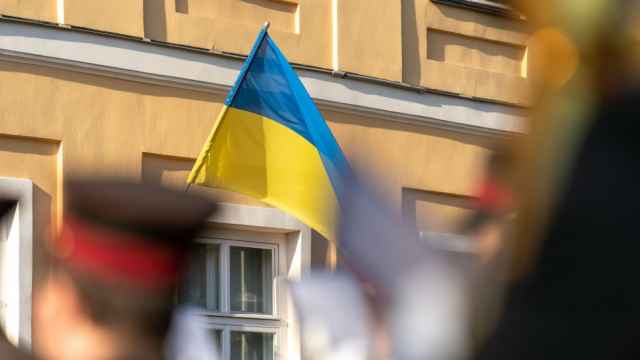Britain on Tuesday slapped sanctions on five Russian banks and three billionaires, in what Prime Minister Boris Johnson called "the first barrage" of measures in response to the Kremlin's actions in Ukraine.
Addressing the UK parliament hours after Russia ordered troops into two Moscow-backed Ukrainian rebel regions, Johnson described the move as "a renewed invasion" of its western neighbor and "pretext for a full-scale offensive."
"The UK and our allies will begin to impose the sanctions on Russia that we have already prepared... to sanction Russian individuals and entities of strategic importance to the Kremlin," he told MPs.
The five banks targeted — Rossiya, IS Bank, General Bank, Promsvyazbank and the Black Sea Bank — and three people sanctioned will see any UK assets frozen.
The individuals concerned — Gennady Timchenko, Boris Rotenberg and Igor Rotenberg — will be barred from entering Britain and all UK individuals and entities will be banned from dealing with them and the banks.
"We cannot tell what will happen in the days ahead," Johnson added in the House of Commons, amid cross-party condemnation of Moscow's actions.
"But... we should steel ourselves for a protracted crisis."
The announcement came after Russia's ambassador to Britain was called into the foreign ministry in London "to explain" its action, the ministry said.
"We made clear to the Russian Ambassador that Russia would pay the price for its actions through further sanctions if it did not withdraw its troops," a ministry spokesperson added.
'Need to do better'
Earlier Tuesday, Johnson chaired a meeting with security chiefs, after which he vowed measures to hit Moscow "very hard."
Weeks ago, he also pledged sanctions will "come down like a steel trap in the event of the first Russian toecap crossing into more sovereign Ukrainian territory."
However numerous British lawmakers, including from within his ruling Conservative party, were left underwhelmed by the steps outlined, and urged him to go further.
Labour MP Ben Bradshaw noted the three oligarchs had been sanctioned in the United States four years ago.
"We need to do better than that, prime minister," Bradshaw said, urging more use of so-called unexplained wealth orders against Russians in Britain as well as reviews of high-net-worth UK visas granted to them.
Johnson insisted further sanctions were "at readiness to be deployed" if the Kremlin continued its aggression.
Russian President Vladimir Putin on Monday recognised the independence of the rebel-held Donetsk and Lugansk regions of Ukraine and instructed the Defense Ministry to assume "the function of peacekeeping" in the separatist-held regions.
Its Foreign Ministry insisted Tuesday it was not planning to send troops to other parts of eastern Ukraine beyond the separatist areas "for now."
However, Monday's move ratcheted up weeks of tensions and punctured Western diplomatic efforts to de-escalate the situation, after a massive build-up of troops on Ukraine's border.
Britain's relations with the Kremlin have been frosty since the radiation poisoning death of a former Russian spy in London in 2006, and the attempted murder of another double agent in the southwestern city of Salisbury in 2018.
Successive governments in London, however, have faced sustained pressure to act against illicit Russian money circulating through the city's financial markets in recent decades.
A Message from The Moscow Times:
Dear readers,
We are facing unprecedented challenges. Russia's Prosecutor General's Office has designated The Moscow Times as an "undesirable" organization, criminalizing our work and putting our staff at risk of prosecution. This follows our earlier unjust labeling as a "foreign agent."
These actions are direct attempts to silence independent journalism in Russia. The authorities claim our work "discredits the decisions of the Russian leadership." We see things differently: we strive to provide accurate, unbiased reporting on Russia.
We, the journalists of The Moscow Times, refuse to be silenced. But to continue our work, we need your help.
Your support, no matter how small, makes a world of difference. If you can, please support us monthly starting from just $2. It's quick to set up, and every contribution makes a significant impact.
By supporting The Moscow Times, you're defending open, independent journalism in the face of repression. Thank you for standing with us.
Remind me later.


